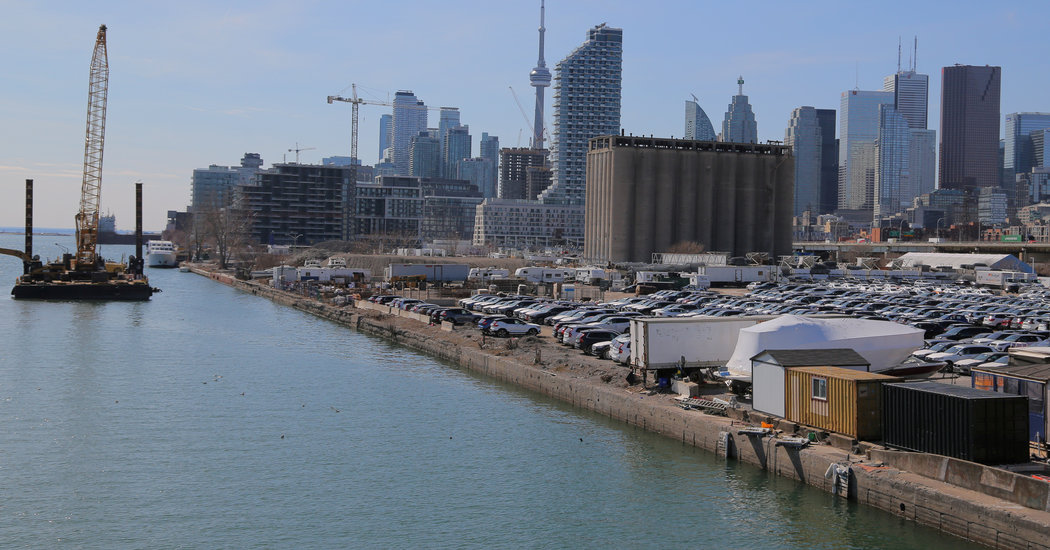It was intended to be a sprawling “smart city” of tomorrow, with sensors tracking the velocity of individuals crossing the streets and robots that could double as trash collectors.
But the overhaul of Toronto’s japanese waterfront envisioned by a sibling company of Google, a prepare that lifted a refrain of privateness problems, was severely scaled back again on Thursday. Waterfront Toronto, the federal government company liable for advancement of the region, voted unanimously to restrict the ambitions of the corporation, Sidewalk Labs, from its primary 190-acre strategy to 12 acres.
The programs have integrated neighborhoods manufactured entirely of wooden, computerized awnings that shield pedestrians from rain, and sidewalks that melt snow. The development has been lauded for improvements that could assist broaden the international profile of Canada’s premier metropolis.
Creating in The Toronto Star, Richard Florida, a professor at the University of Toronto’s University of Cities, not too long ago argued that the growth would be a boon for the city, which he explained was lagging “behind main higher-tech towns like San Francisco, New York, London and Shanghai.”
But ideas for Quayside, as the advancement is known, have also named for sensors and cameras to observe the persons who stay, perform or pass by the area. The ensuing knowledge, the organization claimed, would be employed to more form the new community.
That has spurred protests from local people and privateness advocates. One group characterized the task as a “Google affiliate” trying to convert towns into “corporate surveillance states, modeled immediately after Disney-type developments and marketed to law enforcement solutions and company partners.”
Waterfront Toronto moved Thursday to wrest better control of any information, necessitating that Sidewalk Labs deal with information and facts gathered in the development as a public asset. The arrangement arrived at with Sidewalk Labs also needs that the firm join forces with other home developers.
For a single critic, that may possibly not be plenty of.
“The ideal way out of this mess would be for Waterfront Toronto to finish any offer with Sidewalk as before long as possible” Julie Beddoes, a area resident and member of the group BlockSidewalk, mentioned in a assertion right after the vote.
The discussion around no matter if Toronto had specified much too substantially ability to a know-how company has uncovered the problems going through cities as they try to pursue technological innovation with personal companions though ensuring the privacy of their inhabitants.
Keerthana Rang, a spokeswoman for Sidewalk Labs, a subsidiary of Google’s mother or father, Alphabet, mentioned the firm remained assured it could go after its ambitions, albeit on a more compact scale.
Stressing that the venture would aid rejuvenate the space and generate jobs, Ms. Rang mentioned the company had prepared, together with partners, to devote 1.3 billion Canadian bucks in the initially conceived enhancement. It would now re-consider its total expense, she stated.
Daniel L. Doctoroff, the head of Sidewalk, had solid the unique prepare as a manifesto for the town of tomorrow. “It is a guidebook to a entirely new approach to urbanism,” he claimed.
Waterfront Toronto reported it will consult with further with the public and perform a official analysis of the prepare, which will ascertain no matter if the task can go forward.
